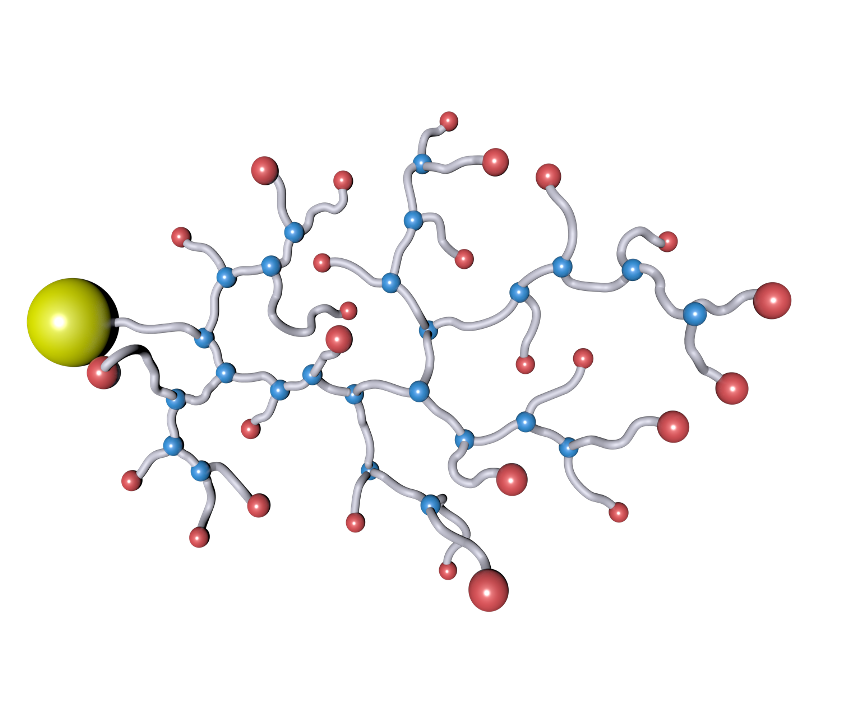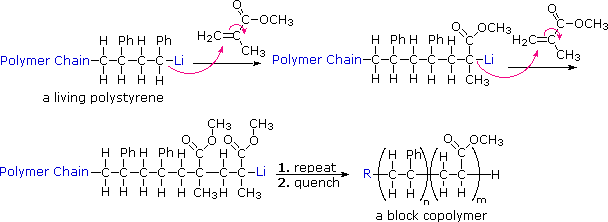Leading Uses Polymers: Enhancing Everyday Products
Leading Uses Polymers: Enhancing Everyday Products
Blog Article
Discovering the Varied Applications and Benefits of Polymers in Different Industries
Polymers, with their varied range of residential properties and performances, have come to be important in various sectors, each reaping one-of-a-kind advantages from their application. From enhancing security and performance in the vehicle industry to revolutionizing clinical devices in the health care industry, polymers play an essential role.
Automotive Sector Applications
Polymers play a pivotal function in enhancing the performance and resilience of numerous components within the auto industry. These functional materials are thoroughly utilized in the manufacturing of different parts, varying from indoor components to under-the-hood applications. One famous use of polymers in the vehicle sector is in the production of light-weight parts. By changing typical metal get rid of polymer-based options, vehicles can achieve enhanced gas effectiveness without endangering on strength or security.

Health Care Sector Benefits
In various medical care applications, the advantages of using polymers are commonly recognized for their varied variety of beneficial properties. Polymers play an essential function in the healthcare market as a result of their versatility, biocompatibility, and cost-effectiveness. One of the primary advantages of polymers in health care is their capacity to be customized to particular demands, such as versatility, durability, and biodegradability, making them excellent for a variety of medical applications.
Polymer-based products are thoroughly used in medical gadgets, such as catheters, implants, prosthetics, and medication shipment systems, as a result of their biocompatibility and capacity to mimic natural cells. These products can decrease the risk of allergic responses or rejections, improving individual security and outcomes. In addition, polymers are light-weight, making them appropriate for wearable clinical gadgets and making sure client comfort.
Additionally, polymers make it possible for the advancement of cutting-edge treatment approaches, such as hydrogels for tissue design and nanocomposites for targeted drug shipment. Their convenience of processing and sanitation makes them essential for preserving high criteria of hygiene in medical care settings. Generally, the diverse advantages of polymers add considerably to improvements in medical innovation and patient care.
Environmental Advantages of Polymers

Furthermore, polymers can add to energy savings as a result of their lightweight nature. In markets such as transportation, light-weight polymer materials can aid decrease gas intake and greenhouse gas discharges. In addition, polymers can allow the advancement of energy-efficient products such as insulation materials that improve power preservation in buildings.
Moreover, polymers play a critical duty in lowering water pollution. For example, the usage of polymer-based filtering systems can efficiently remove toxins and contaminants from wastewater, securing water resources and communities. Overall, the environmental benefits of polymers make them click for info valuable possessions in advertising sustainability and environment-friendly methods across different sectors.
Polymers in Electronics and Technology
Considering the raising demand for cutting-edge and lasting options in modern markets, the combination of sophisticated polymer technologies in the realm of electronic devices and innovation has arised as an essential approach for driving effectiveness and performance. Polymers have actually transformed the electronic devices market by enabling the manufacturing of lighter, much more adaptable, and resilient digital gadgets. From smartphones to medical tools, polymers play a crucial function in boosting product layout and functionality.
One substantial advantage of polymers in electronics is their protecting residential or commercial properties, which help shield delicate electronic parts from environmental aspects and electric interference. Furthermore, polymers are essential in the advancement of adaptable displays, wearable innovation, and published electronic devices, offering limitless opportunities for creating smart and interconnected gadgets.
In addition, making use of polymers in electronic product packaging has actually resulted in innovations in miniaturization and thermal management, enhancing the total performance and reliability of electronic systems. As technology remains to advance, the flexibility and versatility of polymers will undoubtedly drive even more advancement in the electronic devices sector, forming the future of modern technology.
Duty of Polymers in Building And Construction and Infrastructure
The integration of advanced polymer materials in construction and facilities jobs has transformed the method structures are developed and constructed in contemporary times. Polymers supply countless benefits in the building industry due to their flexibility, longevity, and cost-effectiveness. One key function of polymers in building is their use in finishings and sealants, offering protection versus ecological elements such as dampness, UV radiation, and deterioration. Furthermore, polymers are used in the manufacturing of light-weight and high-strength composite materials, improving the structural honesty of structures while minimizing overall weight.
Furthermore, polymers play a vital duty in lasting building practices by making it possible for the growth of energy-efficient structures. Insulating products made from polymers help manage interior temperatures, lowering the requirement for home heating and cooling down systems and eventually decreasing energy intake. The use of polymer-based compounds in infrastructure jobs such as bridges and roadways enhances their durability and lowers maintenance expenses. On the whole, the consolidation of polymers in building and construction and infrastructure displays their substantial effect on modern-day design practices.
Conclusion
Finally, polymers play a critical role in numerous sectors such as automotive, medical care, environmental, electronic devices, and building. Their functional residential properties make them beneficial in developing cutting-edge solutions and items. From boosting gas performance in lorries to boosting clinical gadgets, polymers use many benefits. Furthermore, their effect on minimizing waste and advertising sustainability highlights their value in learn this here now contemporary applications. why not look here The extensive use of polymers demonstrates their substantial payment to progressing innovation and improving lifestyle.
Report this page